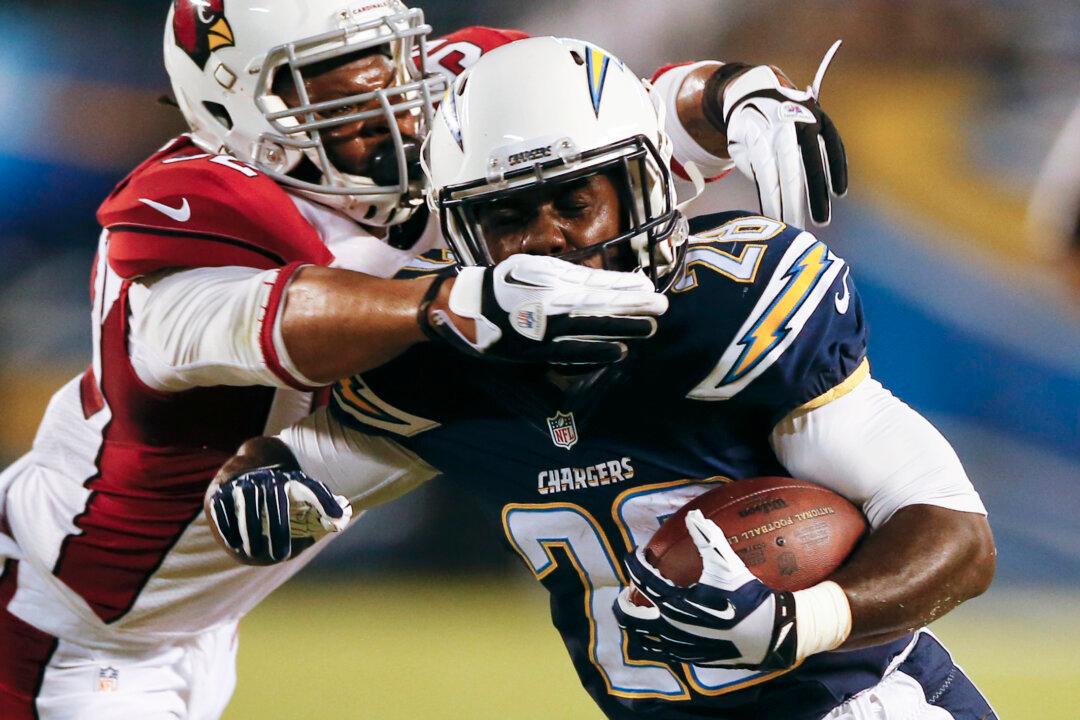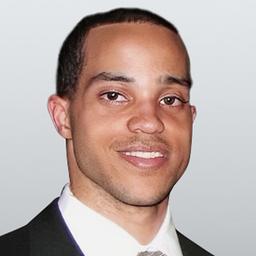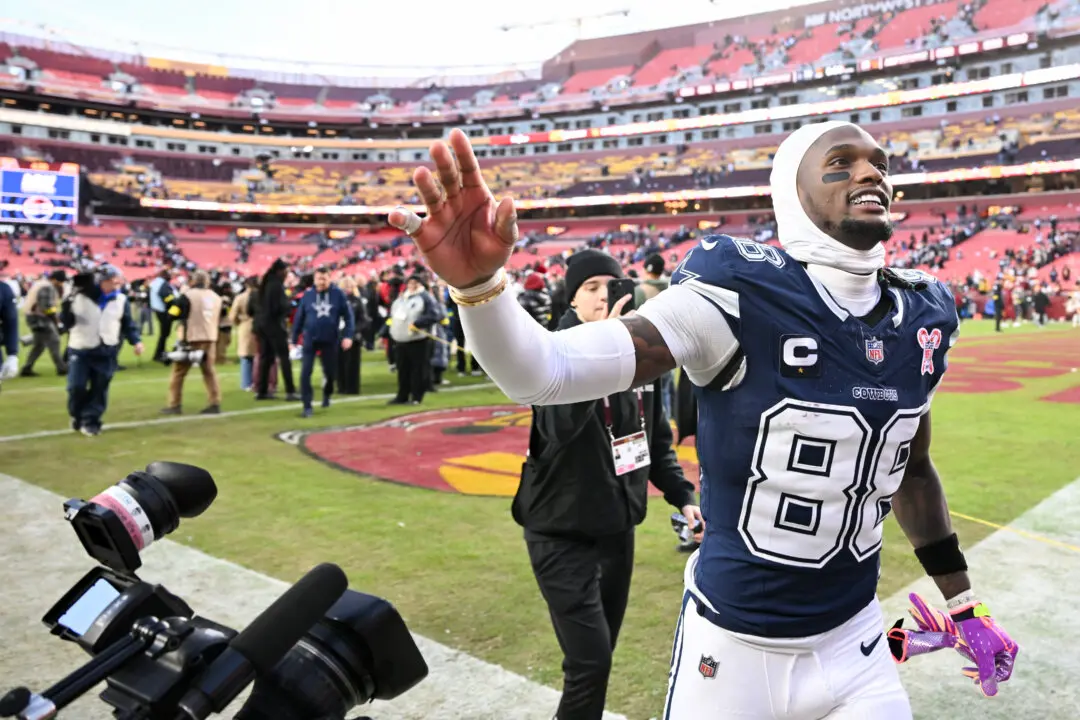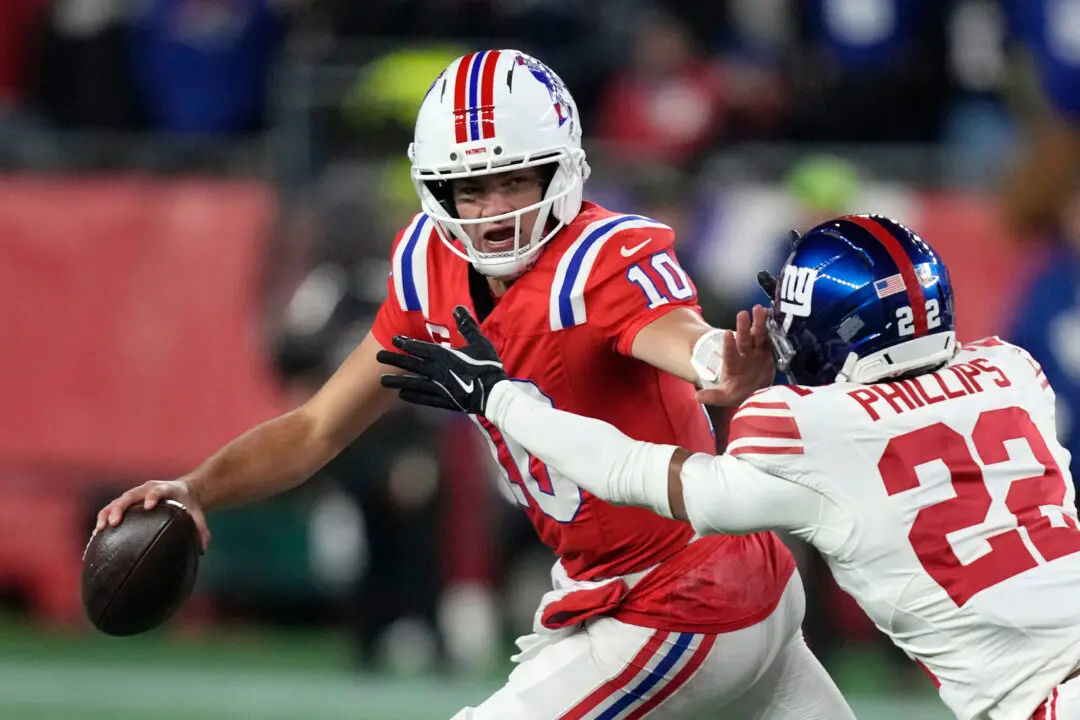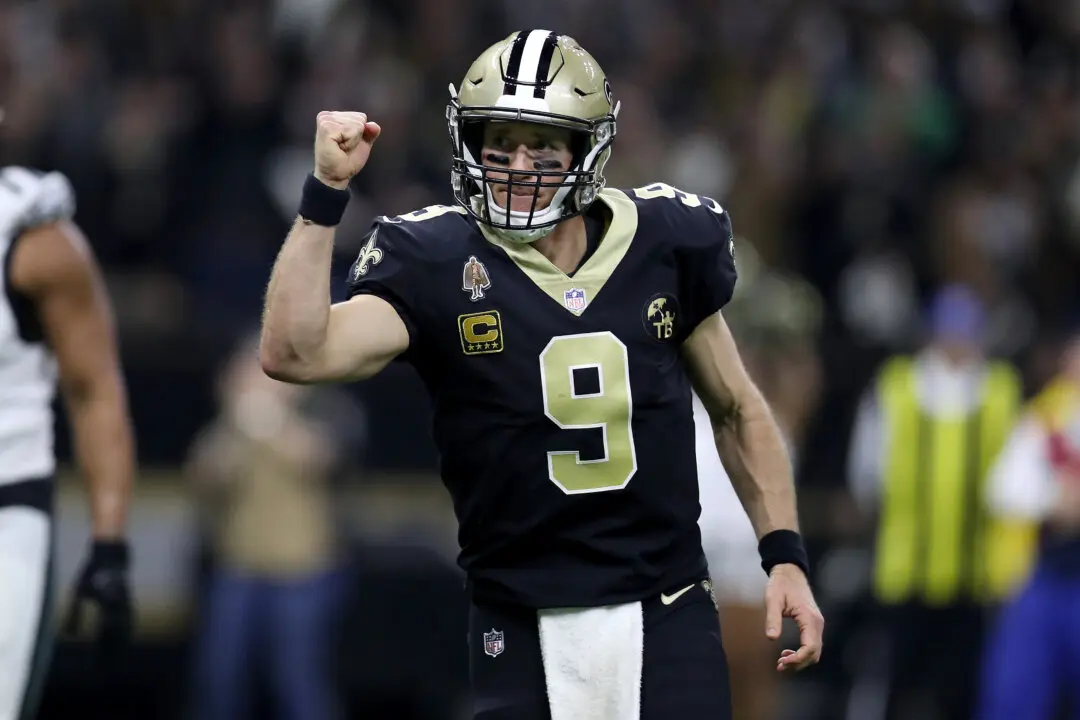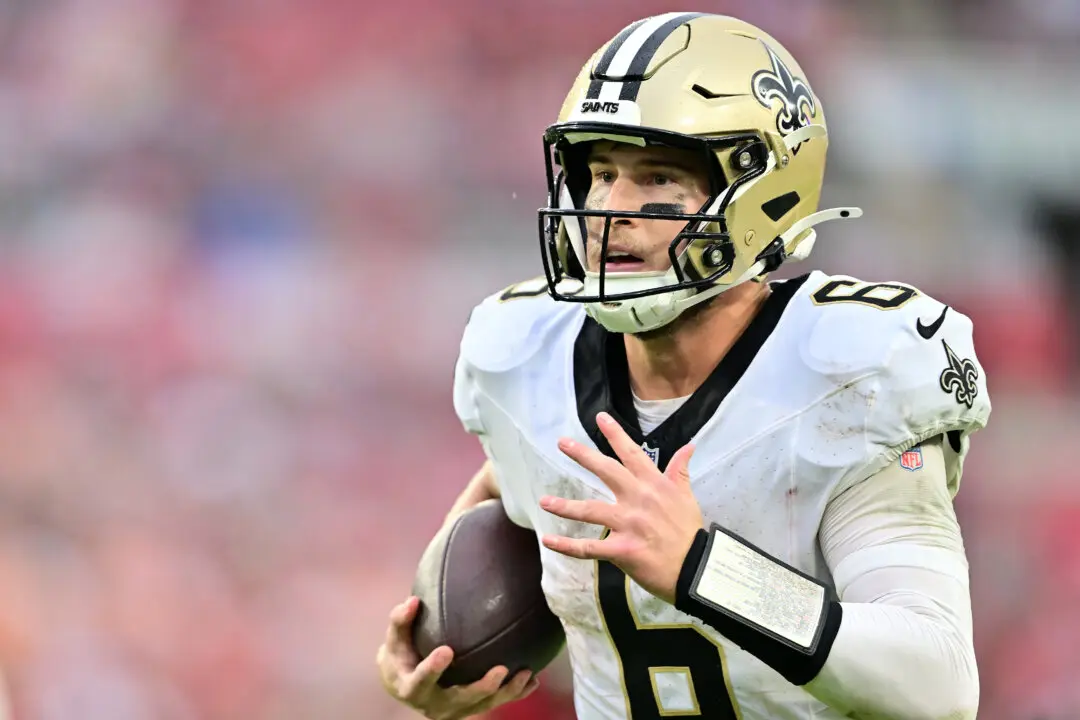The National Football League is always tinkering with its rules to make the product better, both on the field and for its viewing experience, and another change could be on the way. The league is considering allowing review of facemask calls via replay assistance as soon as next season.
Troy Vincent, executive vice president of football operations, spoke about the possible rule change at the NFL Special League Meeting in Irving, Texas, on Wednesday.
